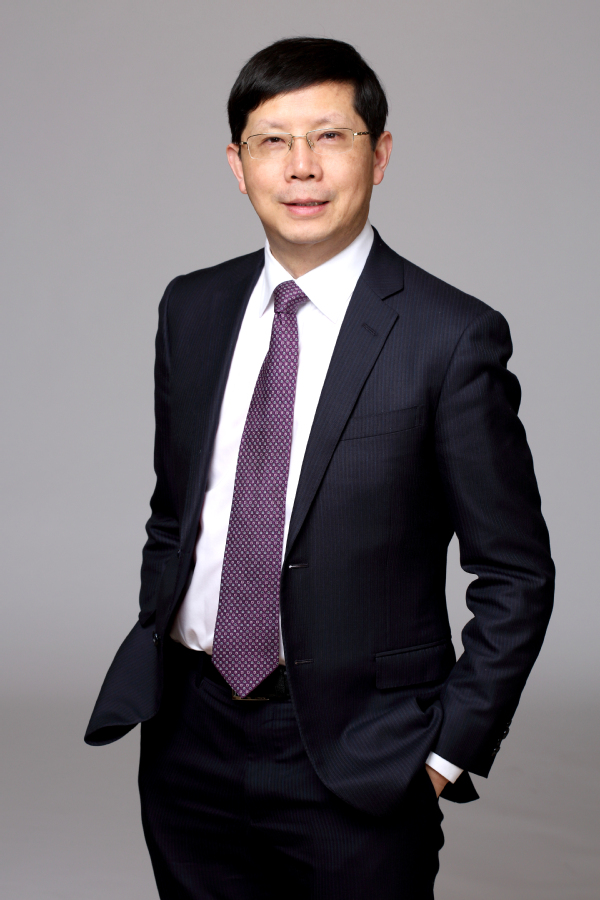Dialogue@ZJU: With Prof. WANG Jian'an, Academician of the Chinese Academy of Sciences
[Editor’s Note: In this Dialogue@ZJU, we feature Prof. WANG Jian'an, Academician of the Chinese Academy of Sciences, Director of the National Key Laboratory of Vascular lmplantation Devices, Secretary of the Party Committee and Director of the Heart Center, Second Affiliated Hospital, Zhejiang University School of Medicine, and Vice Dean of Zhejiang University School of Medicine. From early inspirations rooted in family health challenges to pioneering the Hangzhou Solution for heart disease, Prof. Wang's story is a testament to innovation and resilience. His election to the Chinese Academy of Sciences underscores a life dedicated to medical advancement and mentorship. Join us as we delve into the mind of a visionary committed to healing and scientific exploration.]

Q1: What sparked your interest in medicine?
WANG: My dream since I was young has been to become a doctor. My grandma passed away from lung cancer, and my parents have had long medical histories. These personal experiences have solidified my desire to become a doctor. Being a doctor gives me the chances to directly assist patients, through clinical practice and surgical procedures, and also to help more patients with complex conditions through scientific research. My mission is to reconcile theory and practice while conducting my work with conscience and compassion.
Q2: Could you share with us more about your “Hangzhou Solution”?
WANG: Compared with patients in the West, nearly half of Chinese patients with severe heart diseases have bicuspid aortic valve stenosis (severe aortic valve stenosis combined with bicuspid aortic valve disease). The implanted valve could easily be popped out or dive into the ventricle due to severe calcification commonly seen in these patients, which significantly reduced treatment’s efficacy. Therefore, we decided to develop valve products and intervention methods especially tailored for Chinese patients. Our team developed the first retrievable and navigable transcatheter valve system with independent intellectual property right in China. Moreover, we invented balloon-sizing instead of CT-based measurements to measure the size of the valve. Hence, the surgical process grew safer and more successful, the implantation more precise, with significantly less complications. This is the “Hangzhou Solution”.
Q3: How do you feel about being elected to the Chinese Academy of Sciences (CAS)?
WANG: Many of my old memories came flooding back when I learned about the result of the election, including fatigue from frequent hospital visits in my childhood, hardship from working the night shift in the chilly winter, and office-wide sadness following a botched experiment. Aside from acknowledging my prior efforts, being elected as an CAS Academician entails greater responsibilities. I will keep researching important topics in the field of domestic medicine, and try my hardest to lead the team to advance the growth of the discipline in the industry.
Q4: Do you have anything to share with the students and young colleagues?
WANG: Being in the medical field allows us to have a profoundly unique influence on people, families, and even entire communities. One needs to be skilled, capable, and visionary in order to take on these challenges. My first piece of advice is to have a caring heart and show it in action; the second is to stay curious and explore unknown areas; and the third is to seek the truth and discern what constitutes true innovation. Scientific research does not always produce results, or proceed as planned. However, the road to the truth is one of unwavering perseverance. Perhaps asking ourselves why once more can get us one step closer to our goals.
Source: The Second Affiliated Hospital, Zhejiang University School of Medicine